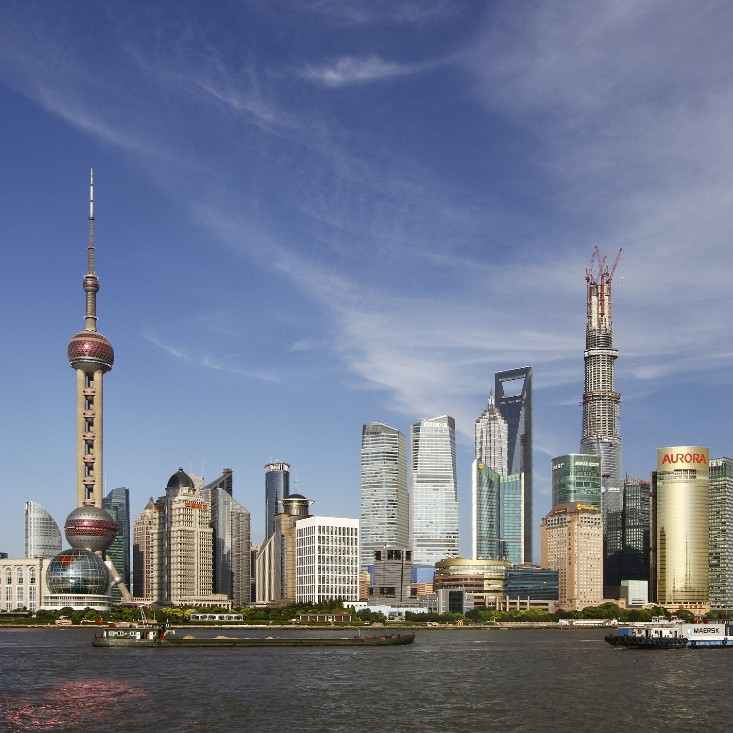Published:
Chinese companies are prioritizing their shareholders by paying record dividends and starting large share buybacks. This shift brings China’s business culture closer to international standards, concentrating on investor return.
A record 2.4 trillion yuan, or around $330 billion, in cash dividends were paid out by more than 2,000 mid and large-cap Chinese companies in 2024. A new record for buyback activity was reached in the first eight months of 2024 when around 1,900 mid and large-cap businesses in China bought back shares worth more than 130 billion yuan.
Beijing’s policies supporting stock prices and boosting investor confidence are primarily responsible for this rise. Despite market slowness and geopolitical uncertainties, long-term investors have been rewarded with a dividend yield on Chinese companies that has increased to over 3%, the highest since 2016.
State-owned companies are mostly driving this dividend boom. For example, China Mobile offers a dividend yield of 6.6%, while China National Offshore Oil Corporation provides a 7.6% yield. Due to their enticing rewards, these businesses have become popular with investors looking for steady income, mainly while more conventional investment options like bonds and real estate provide lower returns.
China is not the only country that places a strong focus on dividends. South Korea and Japan have increased their efforts to convince businesses to improve shareholder returns by repurchasing shares and paying larger dividends. A broader cultural shift in corporate management may be seen in Japan, where businesses increasingly implement dividend programs that reward shareholders. South Korean companies are increasing their dividend payouts to attract more interest from international investors.
The increase in dividend payments in China and other Asian countries is impacting the financial markets and attracting the interest of many. These increased payouts are even more appealing because investors worldwide emphasize stable returns due to ongoing economic uncertainties. Institutional investors seeking stable income streams are particularly drawn to Chinese, Japanese, and South Korean corporations with higher dividend yields. Higher dividend payments can increase investor involvement and liquidity by boosting stock market confidence.
Due to this change, financial markets in China and elsewhere may become more stable. Businesses that pledge to pay dividends regularly are frequently regarded as having more effective financial management. Their credibility in the marketplace is increased by this impression, which facilitates their ability to raise money and grow their business. Increased dividend payments by Chinese corporations attract more foreign investment, which may boost market activity.
Although dividend payouts are on the rise, there are still obstacles to overcome. Businesses that redistribute a sizable amount of their earnings as dividends may find financing expansion, innovation, or challenging economic periods difficult. Geopolitical concerns and Chinese recessions may pressure company profits and force changes to payout policies. Businesses that put short-term shareholder returns ahead of long-term strategic expenditures run the risk of experiencing operational issues down the road.
South Korea, Japan, and China are becoming increasingly appealing to domestic and foreign investors due to the growing trend of share buybacks and rising dividends. Confidence in Asian markets has increased despite persistent geopolitical and economic difficulties. The stability of the market and general economic conditions will ultimately determine the long-term effects of this change, even though it has brought about new opportunities.
File under






